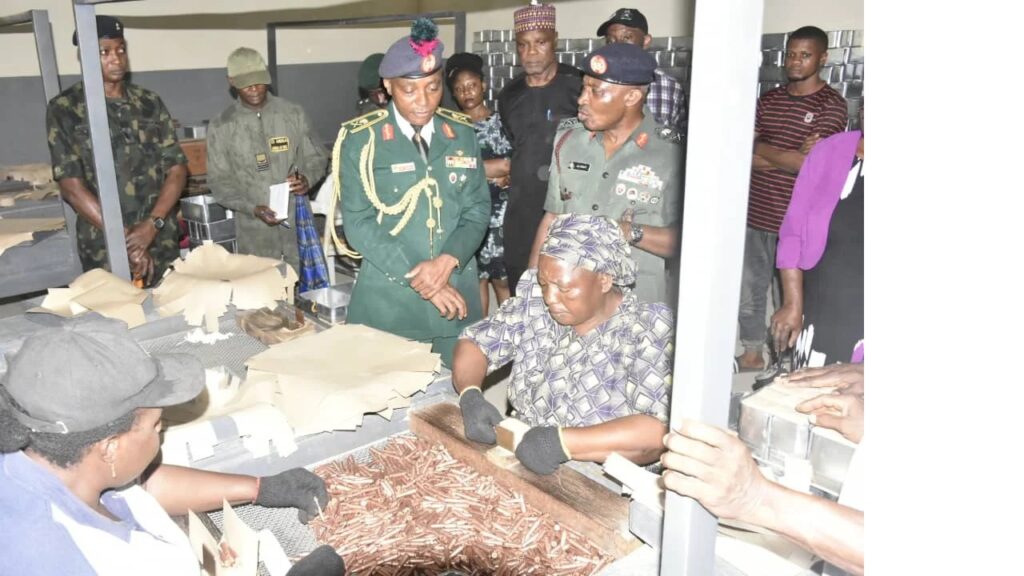
The President of the Manufacturing Association of Nigeria (MAN), Mr. Ajayi Kadri, has confirmed that the organised private sector has agreed with the federal government that the new minimum wage should be N60,000.
Kadri disclosed this during an interview with Channels TV on Saturday in Abuja.
The MAN president explained that the ongoing negotiations between the government, the private sector, and labour are focused on the minimum wage—the lowest amount that can be paid to any worker in the country.
According to Kadri, the economic environment has been challenging for both labour and private businesses, making it nearly impossible for them to meet the wage demands of the labour union.
“To start with, this is a very difficult time for anyone to negotiate minimum wage. From the perspective of government, labour, and organised private sector, we operate in an environment where there is general acceptance of the fact that the macroeconomics are not right, even the global economy is experiencing a lot of shakeups and the aftermath of government necessary reforms.
“From the beginning of the negotiations of the minimum wage, it’s evident to the tripartite— that is the government, labour, and organised private sector— that we are going to operate in a difficult terrain.
“Incidentally, the organised private sector and government have offered N60,000 as the minimum wage and I think it is very important for us to understand that what we are talking about is the minimum wage.
“That is what some people have called the walk-in wage. That is the amount we will pay the least workers in the country. It is the minimum wage we are negotiating, not a living wage,” Ajayi said.
Speaking further, Kadri noted that there are massive constraints on both the government and the private sector in fulfilling the proposed N419,000 living wage labour request.
He said the private sector, for instance, is faced with economic challenges and inflation, making it impossible to pay such an amount.
He also explained that this is not the most appropriate time for organised labour to negotiate a new minimum wage but to work together with other invested stakeholders to build the economy together.
“All of us in the tripartite—the government, the labour, and the private sector—knew that we were operating in a very difficult environment. The government itself realised that it had limited capacity to pay. The private sector is constrained by microeconomic, infrastructure, and security challenges. So, we are also constrained to pay.
“Labour, on its part, is under intense pressure from its constituencies to ask for a higher wage because inflation has hit the roof and the operating environment is tough.
“Throughout the negotiation process, we made it known that this is not the best time to negotiate minimum wage. This is the time for us to agree, the crew behind the government, and grow the economy in such a way that we will bake a bigger cake and then we’ll be able to share,” the MAN president added.
On Friday, the National Labour Congress (NLC) and the Trade Union Congress (TUC) announced an indefinite strike over the newly proposed minimum wage by the federal government.
According to the labour leaders, the decision follows the expiration of an earlier request to the federal government to conclude all negotiations for a new minimum wage before the end of May.
Since the removal of the subsidy, labour leaders have proposed several measures including a new minimum wage, alternative modes of transportation, and others to cushion the impact of the subsidy removal.
The government later set up a committee made up of labour leaders, government officials, and the organised private sector to negotiate a new minimum wage.
Despite several meetings, the committee failed to reach a consensus.













